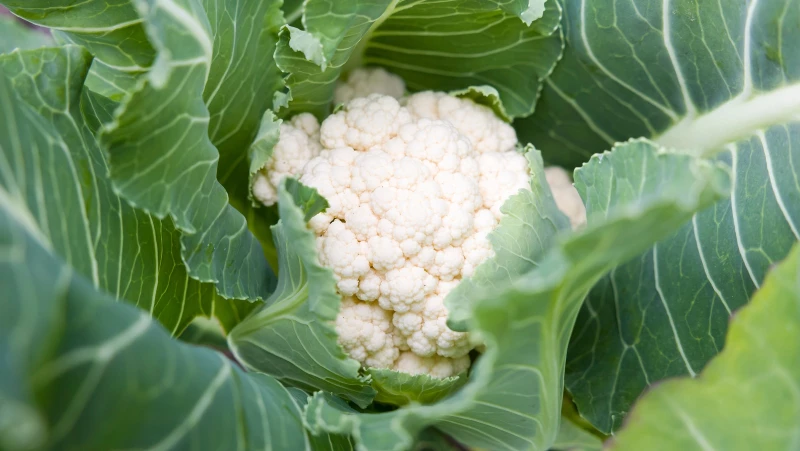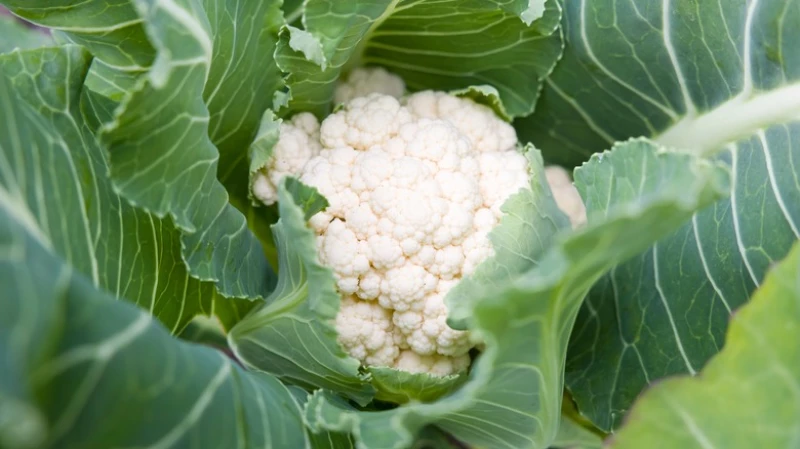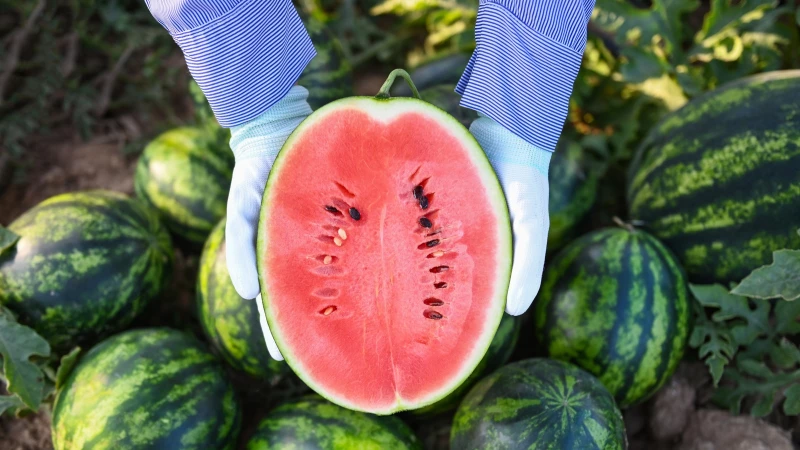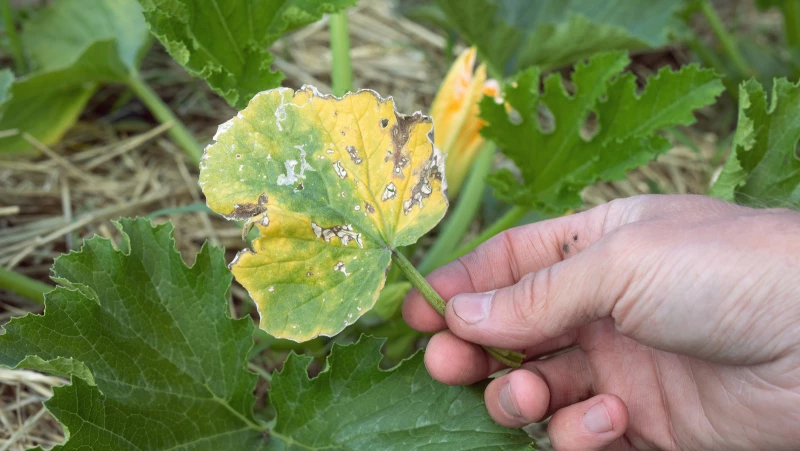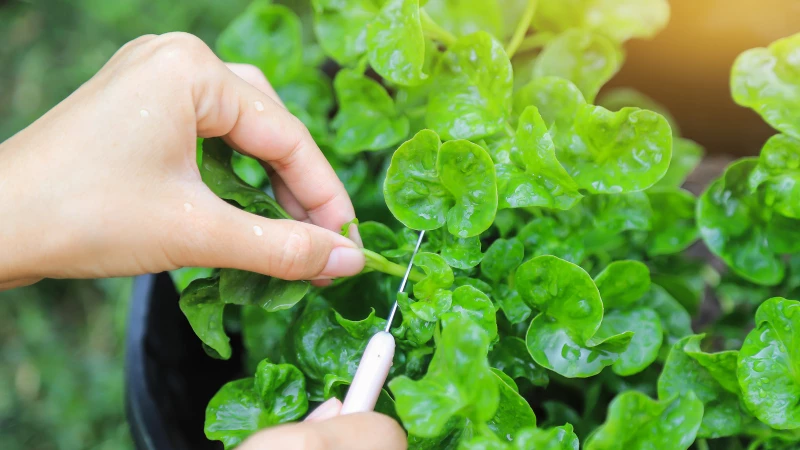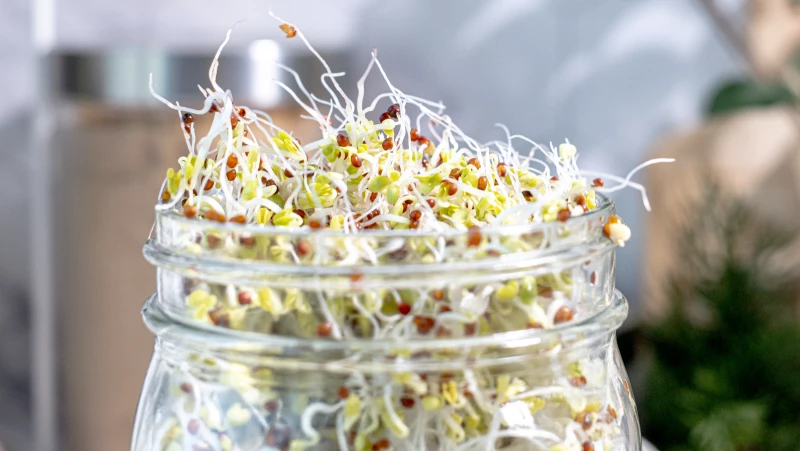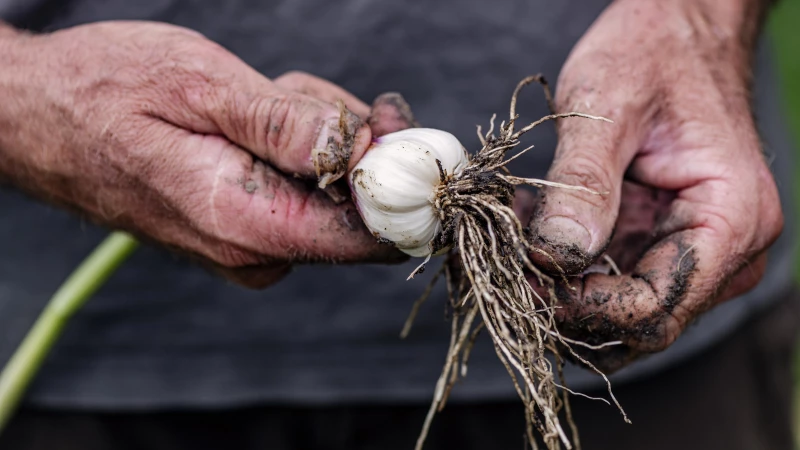Planting Kale and Cauliflower: A Gardening Mistake to Avoid
While planning your spring garden, it's important to consider the compatibility of different vegetables when planting them together. One common mistake that many gardeners make is planting kale next to cauliflower. These two plants, although both nutritious and delicious, do not make good companions in the garden.
Companion planting is a popular gardening practice that involves planting certain crops together to maximize space, yield, and pest control. However, when it comes to kale and cauliflower, it's best to keep them separate. Cauliflower thrives when planted alongside mint, but it can struggle when planted near kale.
When it comes to gardening, it's essential to understand the needs of different plants. Kale and cauliflower, both part of the brassica family plant genus, share similar requirements, including full sun exposure, mildly acidic soil, good drainage, and constant moisture. However, just because they have identical needs doesn't mean they should be planted together.
Due to their similar requirements, kale and cauliflower will compete for the same resources in the soil, leading to slower growth and poor crop results. Additionally, their growth patterns differ, with cauliflower spreading wide and growing low to the ground, while kale leaves grow tall, casting shade on neighboring crops. This shading can be beneficial for sun-sensitive plants but detrimental to cauliflower, which thrives in direct sunlight.
To ensure the optimal growth of these crops, it's best to plant them at opposite ends of your garden to provide ample space between them. If you have a smaller garden bed, maintain a distance of at least 18 to 24 inches between kale and cauliflower plants. For cauliflower specifically, each seedling should have 12 to 18 inches of space around it, with rows spaced 2 to 3 feet apart. Starting cauliflower growth in late winter can set your garden up for success.
Creating ample space between cauliflower and broccoli plants is essential for preventing insect infestations. Additionally, incorporating insect-repelling flowers like alyssum and marigolds in the garden can help deter pests. Planting companion crops alongside cauliflower can also aid in keeping insects at bay. These companion plants serve as natural deterrents by masking the scent of the main crop, making it less appealing to bugs and reducing the risk of infestation.

